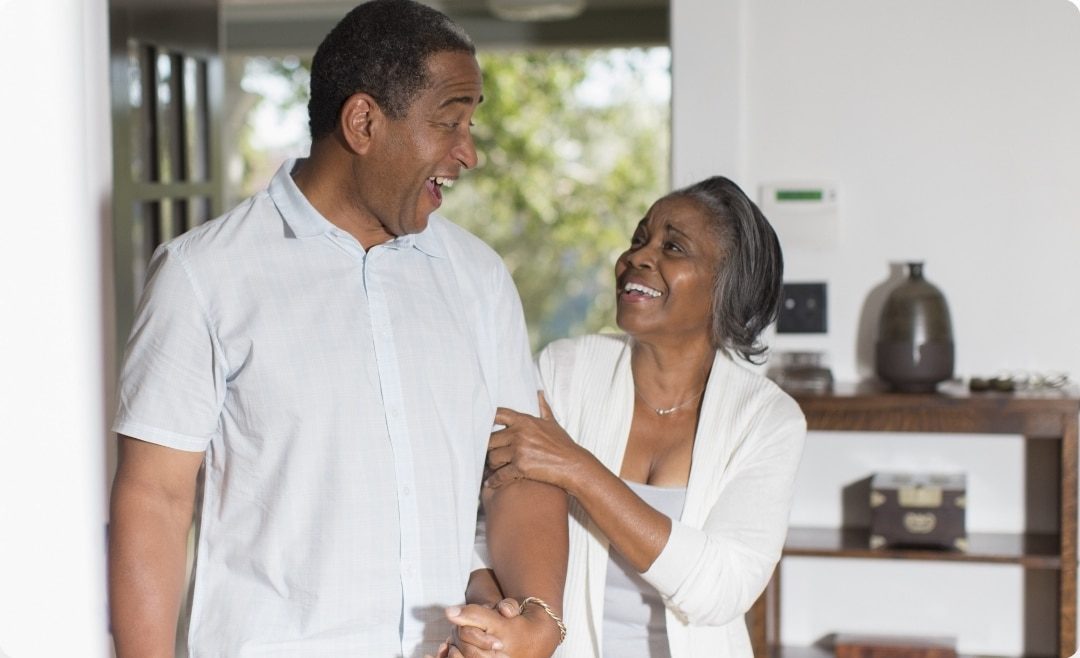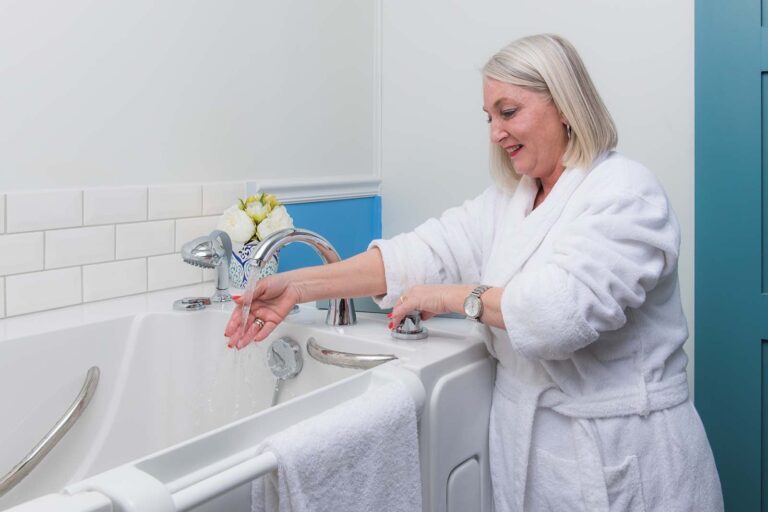Helping Aging Relatives: A Comprehensive Guide

Seeing changes in a loved one can be unsettling, but aging is a part of life. As they age, many seniors need assistance with daily tasks that used to be simple. But signs your family member may need help can be subtle, so recognizing them may be difficult. Read on to learn when your loved one may need additional help, and how to plan for further support needs.
Signs Your Aging Loved One May Need Help
It may be hard to tell when your loved one needs assistance, especially if you don’t live close by. If your loved one doesn’t want to worry you, hides their struggles or is in denial that they need help, it’s even more difficult to determine when your help may be needed. It’s always better to be prepared to step in before any accidents or effects like ill health or poor hygiene set in, so keep an eye out for the following signs.
1. Everyday Home Tasks Become More Difficult
If you can spend time with your loved one in their own home, pay attention to their daily habits, and compare those habits to their behavior five or ten years ago. Ask yourself questions like:
- Are they bathing regularly and practicing hygiene habits as usual?
- Are they wearing appropriate clothing for the season or the weather?
- What are they cooking, and how are they making it?
- Has their housekeeping taken a sudden nosedive?
- Are they able to navigate driving or other forms of transportation?
If you answered “yes” to any of these questions, it may be time to come up with a plan of action for the future.
2. Your Loved One Has Sudden Mood Changes
When you talk to your aging relative, do they seem a little down? Depression is common in seniors, especially if they’re isolated or have recently lost a partner or member of their social group. If your family member is turning down social invitations when they always RSVP’d yes in the past, keeps phone calls shorter or shows little interest in their normal hobbies, it may be time to sit down and offer support. Drastic mood changes or behavioral shifts may be a sign of something more serious, and warrant a visit to the doctor.
3. You Notice Concerning Memory Issues
Occasional forgetfulness, like forgetting where they left their keys, is common for seniors and a normal part of aging. However, more serious memory loss or confusion can impact remembering to take critical medications or even forgetting to turn off the stove after making dinner, which could lead to serious consequences. Signs like these, when accompanied by a change in personality or behaviors, should be taken seriously and receive immediate medical attention.
4. Health Concerns Become More Common
If your loved one experiences sudden health concerns like significant weight gain or loss, trouble walking, falls or poor hygiene, it may be time to step in. These may be a sign of serious health concerns, especially if they’re getting sick more often or otherwise weakening. The best thing to do is go with them to the doctor and discuss recommendations for the next steps.

What to Do When an Aging Family Member Needs Help
Having a conversation about support for your loved one can be difficult, so it’s best to come prepared with talking points and an understanding attitude. It’s likely your family member will be embarrassed about needing additional help, so the best thing you can do is approach the conversation with compassion and respect.
Talk to Your Loved One About Their Options
Some of the concerns you have for your relative may have simple solutions. You may need to pick up medications for them, drop by to meal prep, schedule grocery delivery once a week or even just call a little more often. If they’re struggling with daily chores, have a weekly housecleaner come in to keep the place clean. Depending on how much assistance your loved one needs, you may need to consider having them move in with you or hire a home health aide.
Use Available Resources
Providing consistent support for an aging relative can be a big responsibility, so we recommend asking your community for help. Friends and relatives who can spare time to share dinner or check your loved one’s mail will most likely be happy to step in for small favors. Your community likely has services in place to help housebound seniors as well, and the AARP offers plenty of ideas and resources for caregivers.
Seek Professional Assistance
As a last resort, if your loved one needs more assistance than you and your family are able to provide, it might be time to call in professional support. Your family member will be most at ease in a familiar environment with people they know, so choose in-home assistance if at all possible. Aging in place brings peace of mind that’s invaluable to seniors.
Maintain a Safe Environment
Whether in their home or yours, your loved one may require changes to their space to accommodate their shifting needs. Go through their space and remove any spare clutter or tripping hazards like rugs. Place needed medications in a pill box with an alarm set up on their phone or clock as a reminder. Check the lighting around the house for any spaces that aren’t well-lit, and pay special attention to the bathroom for sharp edges, slippery surfaces and appropriate, safe bathing solutions.

Set Your Loved One Up for Safe Aging in Place
We’ve worked with plenty of families in changing circumstances, and have helped them navigate new needs with our safe, accessible walk-in baths and showers. They’re designed for ease of use, with your family member’s safety and comfort top-of-mind. A walk-in bath or shower gives your loved one peace of mind and dignity through independent bathing, especially if many other changes are being made to better support their needs. We’re happy to discuss safe aging in place with a free in-home consultation—just get in touch.


